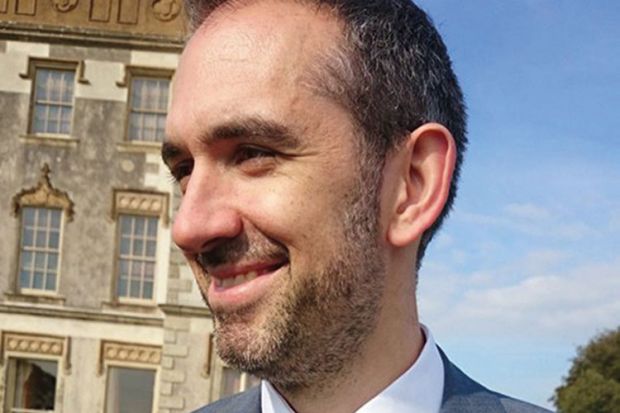Neil Armstrong was born in Salisbury on 5 August 1974 and studied history and politics at the University of Huddersfield (1992-95). He then went on to the University of York for an MA in historical research (1999), which was followed by a PhD (2004).
By the time he finished his doctorate, Dr Armstrong had already begun teaching part-time in York’s department of history and in Newcastle University’s School of Historical Studies (2002-05). After a short period as a lecturer in history at the University of Warwick (2005-06), he secured his first permanent lectureship at the University of Gloucestershire, where he later served as course leader for history (2008-10). He moved on to his final position as senior lecturer in history at the University of Teesside in 2010.
At the start of his career, Dr Armstrong’s research interests focused on the English Christmas in the 19th and early 20th centuries, showing how processes of modernisation and consumption made the festival a central part of national culture by the eve of the First World War. He summarised his findings in a number of articles that culminated in his celebrated book Christmas in Nineteenth-Century England (2010).
From there, Dr Armstrong turned his attention to the post-war Anglican Church in Britain, and how it has tried to meet the challenges of an increasingly secular society. He published articles on clerical marriage and divorce that explored how relationships between male clergy and their wives have been shaped by notions of authentic selfhood and psychological autonomy. And, most recently, he examined the complex relationships between spiritualism, exorcism and the Anglican Church in the 1970s.
Michael Brown, now senior lecturer in history at the University of Roehampton, recalled Dr Armstrong as “a charismatic colleague and friend. Possessed of a bone-dry sense of humour and razor-sharp wit, he was a welcome addition to any conference dinner or drinks party. He was noted for his passionate love of cricket, his occasional and ambivalent interest in most other sports and his inexplicable, though doubtless purely academic, affection for the Eurovision Song Contest. He was also well known for his encyclopedic knowledge of obscure facts, particularly those related to political geography. He will be fondly remembered by a generation of students who were inspired by his teaching and charmed by his character.”
Dr Armstrong accidentally drowned on 27 March and is survived by his wife, Catriona Kennedy, senior lecturer in modern history at the University of York.
Register to continue
Why register?
- Registration is free and only takes a moment
- Once registered, you can read 3 articles a month
- Sign up for our newsletter
Subscribe
Or subscribe for unlimited access to:
- Unlimited access to news, views, insights & reviews
- Digital editions
- Digital access to THE’s university and college rankings analysis
Already registered or a current subscriber? Login

